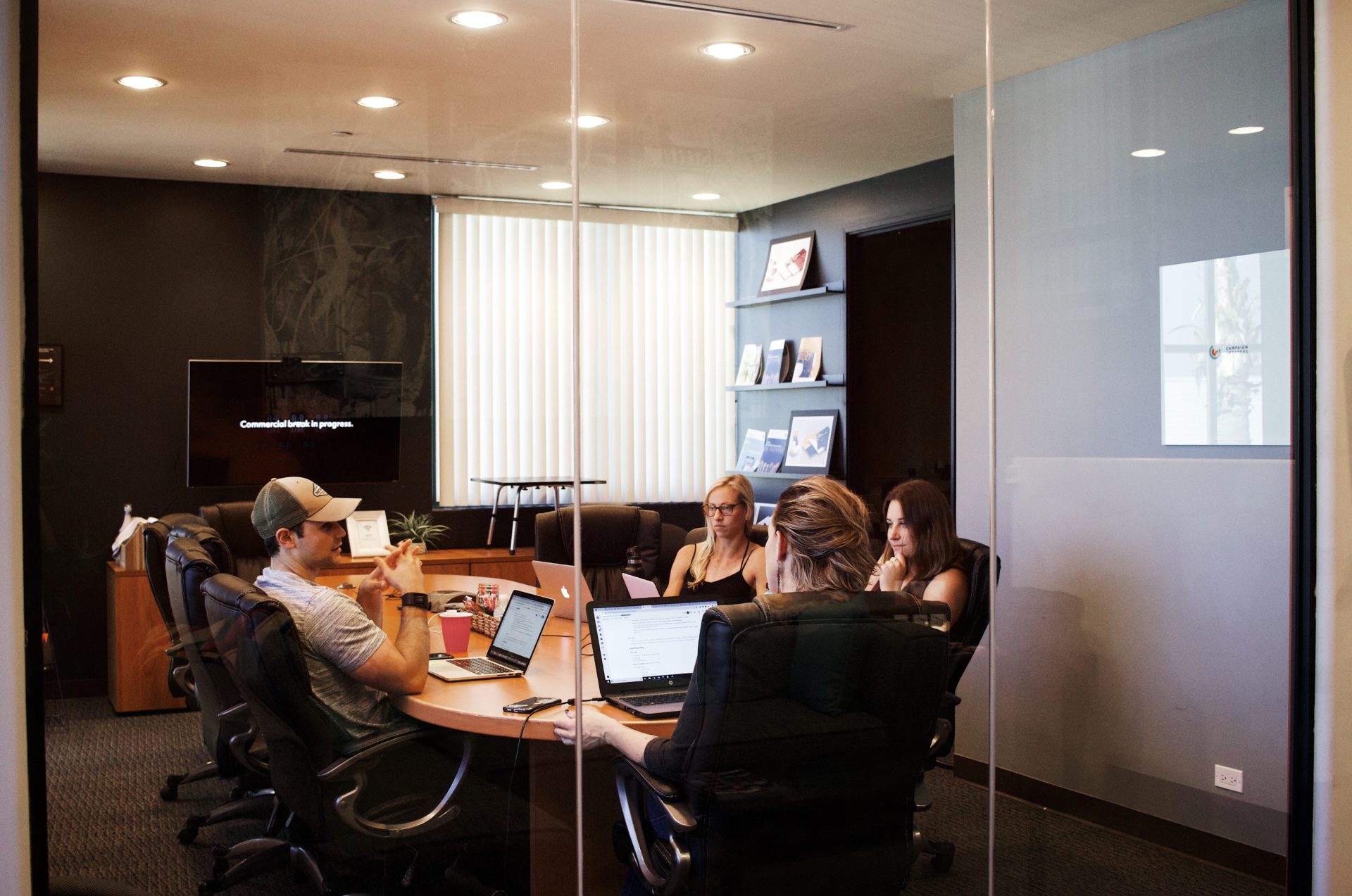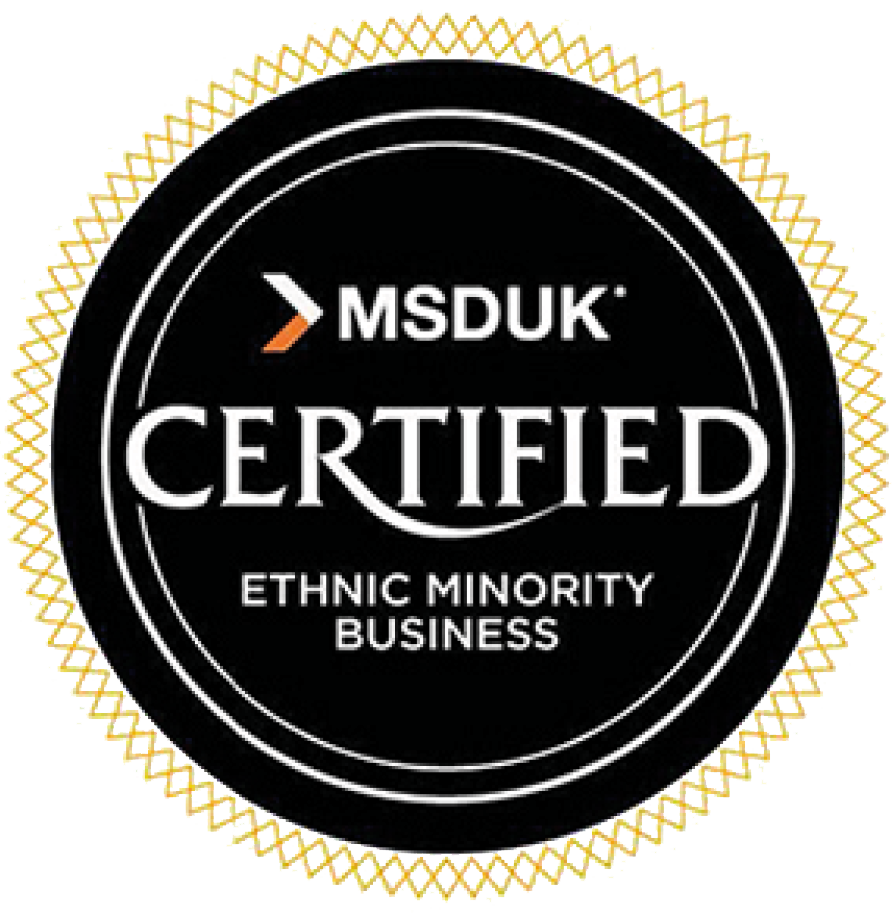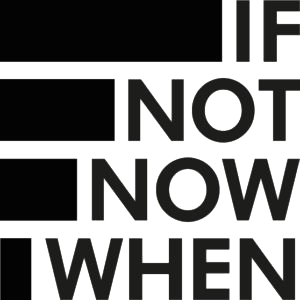At INvolve, we know that within the LGBT+ community, lesbian, gay and bisexual+ women can experience more challenging environments than their counterparts of other genders. So often, we find that less privileged groups within minority groups face double barriers, especially within the workplace. LB+ women face this challenge, sadly falling at the brunt of both homophobia and sexism. With the possibility of other factors also coming into play, such as racism or transphobia, this group can become particularly isolated.
In late 2018, we noticed that this was progressively effecting the engagement of LB+ women in LGBT+ networks. As networks can be so instrumental to workplace inclusion, this means that LB+ women can feel less supported within their network than other LGBT+ individuals. Subsequently, LB+ women will feel less comfortable bringing their whole self to work, and being open about their identity with colleagues.
Therefore, INvolve conducted an exploratory research project to discover what LGBT+ networks can do to better engage LB+ women in LGBT+ networks. We surveyed over 500 women who identify as LB+, and conducted a handful of interviews with LB+ women. Combined, we discovered lived experiences from LB+ women and revealed the issues they are currently facing. As well as this, we found some revealing statistics which uncovered trends within the LB+ group itself.
- Findings demonstrate that 34% of LB+ women who left their organisation’s LGBT+ network stated that they did so because it was too male dominated.
This is a recurring theme throughout the research, with LB+ women facing a feeling of ‘onlyness’, due to being in a male dominated environment.
- Further to this, 8% of gay women/lesbians state that they do not feel welcome at Pride Celebrations, compared to 25% of Pansexual Women.
- As well as this, whilst 74% of lesbians agree they feel represented in their LGBT+ network, 46% of bisexual women feel the same.
Even within the LB+ label, we can see that some groups are made to feel welcome and represented at network’s event and content more than others.
The full report covers further topics, and also includes recommendations on how to better cater your LGBT+ network to LB+ women, so to be as inclusive as possible.




